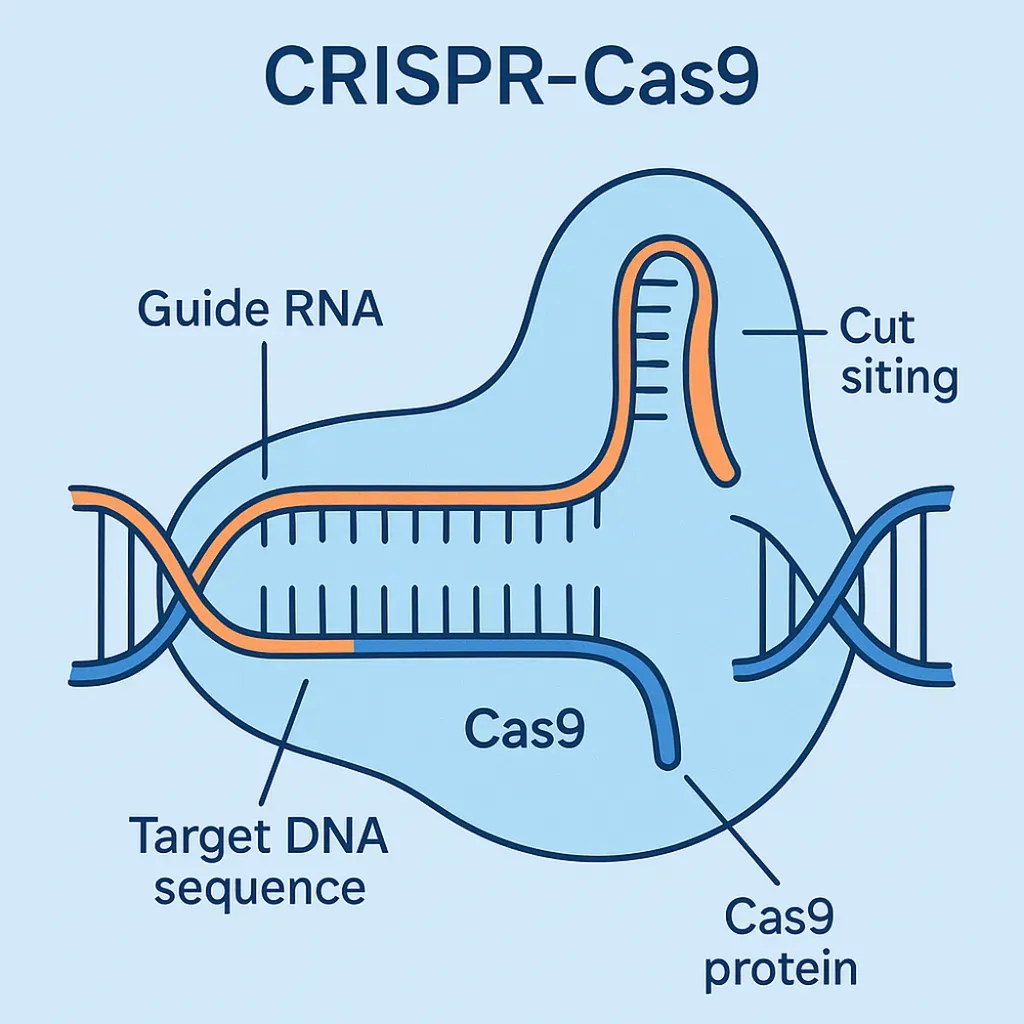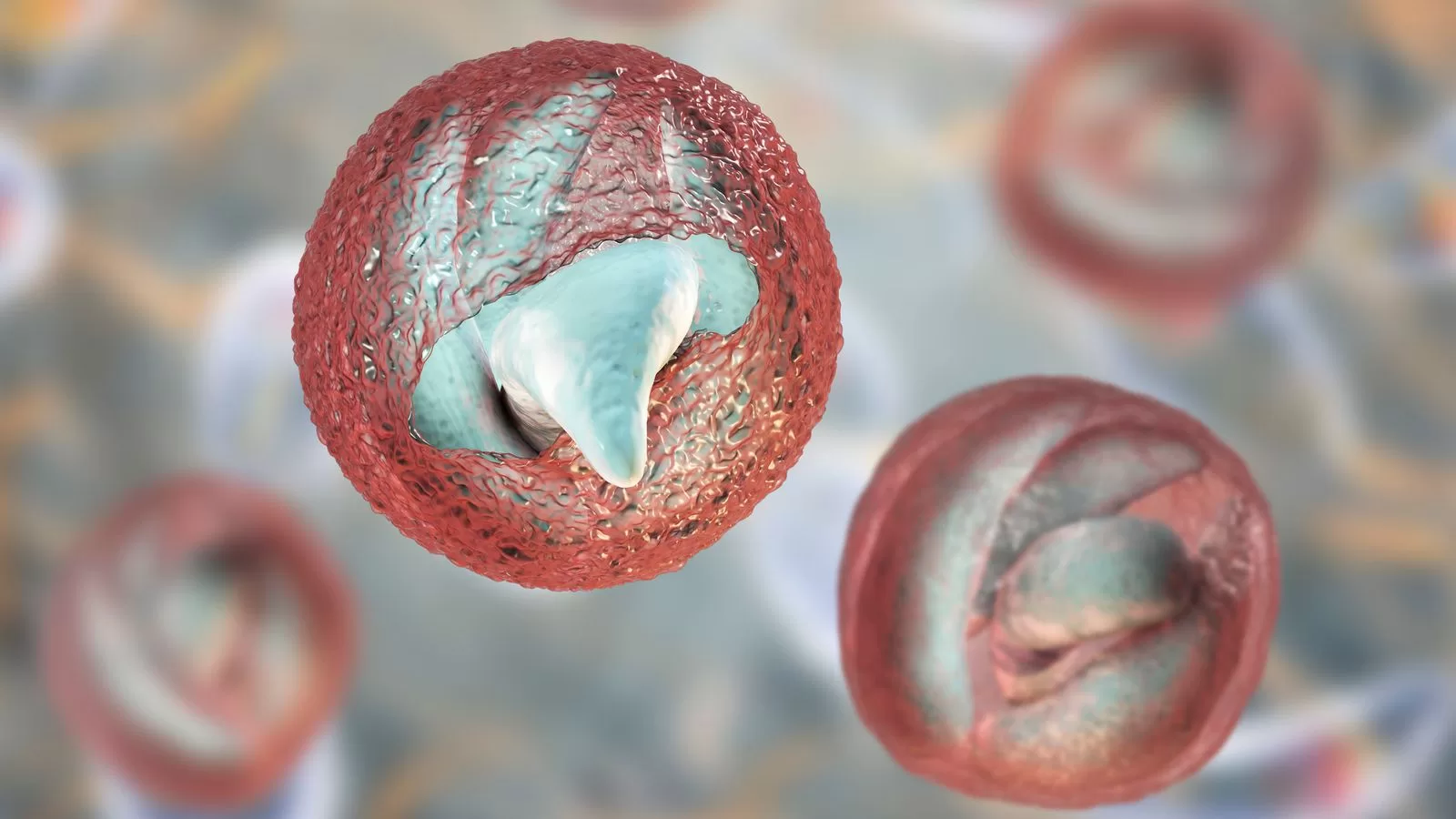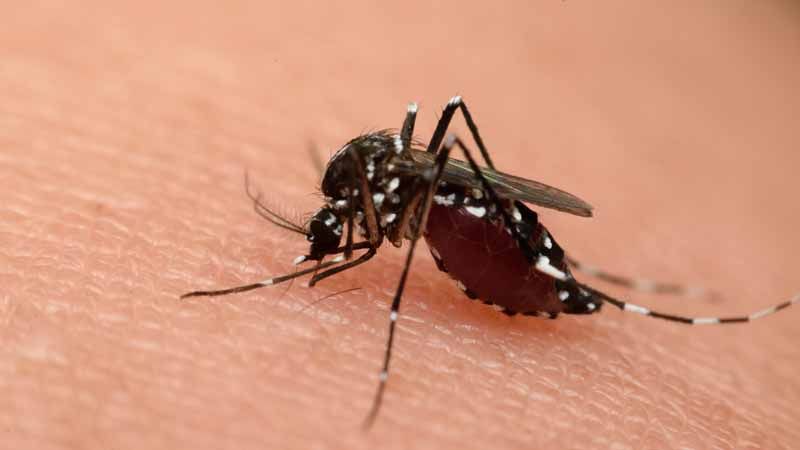How Scheduling Food Consumption Boosts Health and Reduces Waste
INTRODUCTION Food and the culture surrounding it have always been integral to human life globally. Food is not only a source of nourishment but also a marker of identity, tradition, and community. With rising health issues and growing awareness about healthy and conscious consumption, meal scheduling has become equally important. This can be approached by […]
How Scheduling Food Consumption Boosts Health and Reduces Waste Read Post »
Health, Lifestyle





























